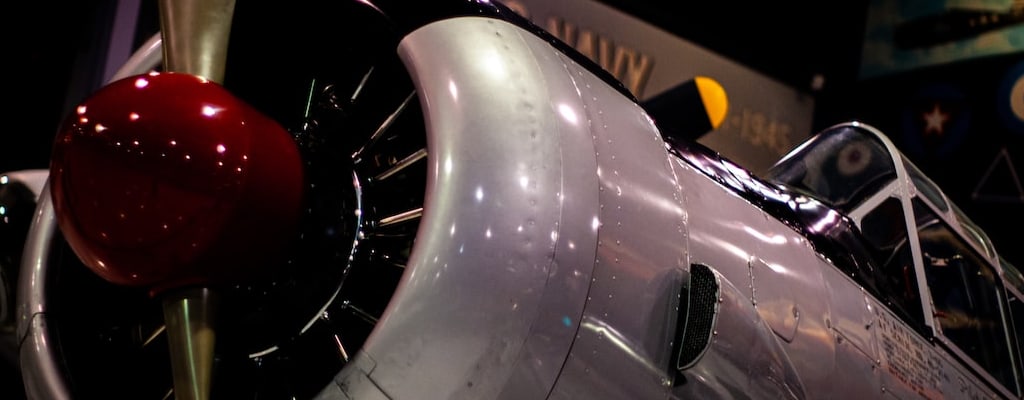catch air: Idiom Meaning and Origin
What does ‘catch air’ mean?
The idiom "catch air" means to become airborne or to jump off a ramp while skateboarding, snowboarding, or biking.

Idiom Explorer
The idiom "take air" means to go outside, usually for a brief period of time, in order to get some fresh air or take a break from an indoor environment.
The idiom "let fly" means to release or throw something forcefully or with great speed. It can also refer to speaking or expressing oneself freely and without restraint.
The idiom "land on one's feet" means to recover or be successful after a difficult or challenging situation. It suggests being able to adapt and find a positive outcome despite the circumstances.
The idiom "kick up one's heels" means to relax, have fun, or engage in lively enjoyment and uninhibited behavior.
The idiom "jump out" means to stand out or be noticeable due to its distinct or unusual characteristics.
The idiom "jump at the chance" means to eagerly accept or take advantage of an opportunity without hesitation.
The idiom *jump at* means to eagerly accept or seize an opportunity without hesitation.
The idiom "hit the ground running" means to start a project or task quickly and energetically, without wasting any time. It indicates a proactive and effective approach to getting things done.
Gravity Defying
The idiom "catch air" is a commonly used expression in American English, especially in sports and entertainment. It refers to the moment when a person or object becomes momentarily airborne in a thrilling or unexpected way. While there are variations of this idiom, like "catching big air," "taking air," or "getting some air," they all convey the same idea of defying gravity temporarily.
The term "catch air" originated in the early 20th century in aviation. Pilots used it to describe the act of briefly leaving the ground during a flight, emphasizing the excitement and adrenaline rush of takeoff or maneuvers. Over time, this aviation term became popularized and expanded beyond the aviation context.
In today's usage, "catch air" is synonymous with moments of excitement in activities such as extreme sports or freestyle tricks in skateboarding, snowboarding, biking, and even in the film industry with exhilarating stunts. It describes situations where individuals or objects become momentarily airborne, adding thrill, surprise, or risk to the experience.
This idiom has gained traction in American vernacular due to its association with the country's sports culture and the rise of extreme sports. It captures the adrenaline-fueled experiences sought after by thrill-seekers and athletes.
While "catch air" has evolved beyond its literal origins in aviation, it still retains its literal meaning in aviation-related conversations. However, it now also connotes excitement, thrill, and temporary liberation from gravity in other contexts. It is a concise and vivid way to describe those moments that bring a sense of freedom and exhilaration.
Nevertheless, "catch air" has room for further exploration. It can be analyzed in terms of its usage and interpretation within different subcultures and demographic groups. Its versatility allows for creative applications and associations, both within and beyond sports and entertainment. This idiom exemplifies the ever-evolving nature of language and idiomatic expressions.
The related idiom "catching big air" is often used in extreme sports to describe the act of becoming airborne with great height or amplitude. It emphasizes the magnitude or impressiveness of the moment, as if the individual or object is defying gravity on a grand scale. Whether it's a skateboarder leaping off a ramp or a snowboarder performing an aerial trick, catching big air adds an extra level of excitement and awe to the experience.
"Taking air" is another related idiom that is commonly used in the context of extreme sports. It refers to the intentional act of becoming airborne, often with the intention of performing tricks or maneuvers. When an athlete decides to take air, they are consciously propelling themselves off a surface, using their momentum and skills to execute impressive moves in mid-air. This idiom highlights the deliberate and skillful nature of the airborne moment.
"Getting some air" is a more casual variant of the idiom, often used in everyday conversations. It can refer to any situation where someone or something becomes momentarily airborne, regardless of the context. The phrase is often used to convey a sense of surprise or excitement, as if the person or object unexpectedly defied gravity for a moment.
When someone "catches their breath" after an intense physical activity, it means they are pausing to take a moment to recover and regain their composure. This idiom can be applied to situations where someone has exerted themselves or experienced a rush of adrenaline, such as after catching air in a thrilling sports maneuver. It implies that the person needs to pause and regain control of their breathing before continuing.
"Catching a wave" is an idiom often used in surfing. It describes the act of successfully riding a wave, harnessing its energy and gliding along its surface. While it does not directly relate to catching air, it shares the theme of exhilaration and thrill associated with extreme sports. Surfing "catching a wave" can be seen as a metaphor for seizing an opportunity or embracing a thrilling experience.
Example usage
Examples of how the idiom *catch air* can be used in a sentence:
- When the skateboarder hit the ramp, he caught air and performed a trick.
- The car caught air as it went over the bump in the road.
- During the bike race, the cyclist caught air while jumping over the obstacles.
The idiom "catch air" is typically used in contexts involving activities such as skateboarding, car racing, or biking, where the person or object becomes momentarily airborne. It implies the action of jumping or being propelled off the ground with enough force or speed to lift or elevate. This idiom is usually used to describe a brief and exciting moment of suspension or flight in these specific activities.
More "Aviation" idioms



